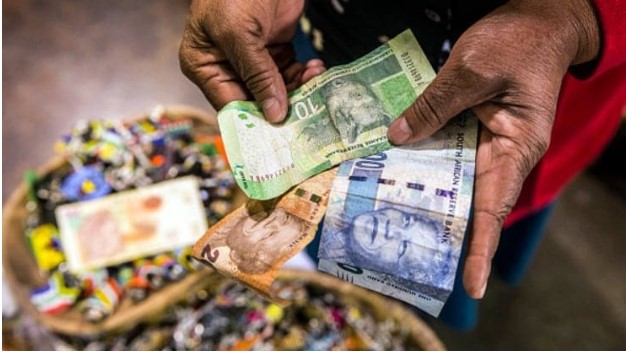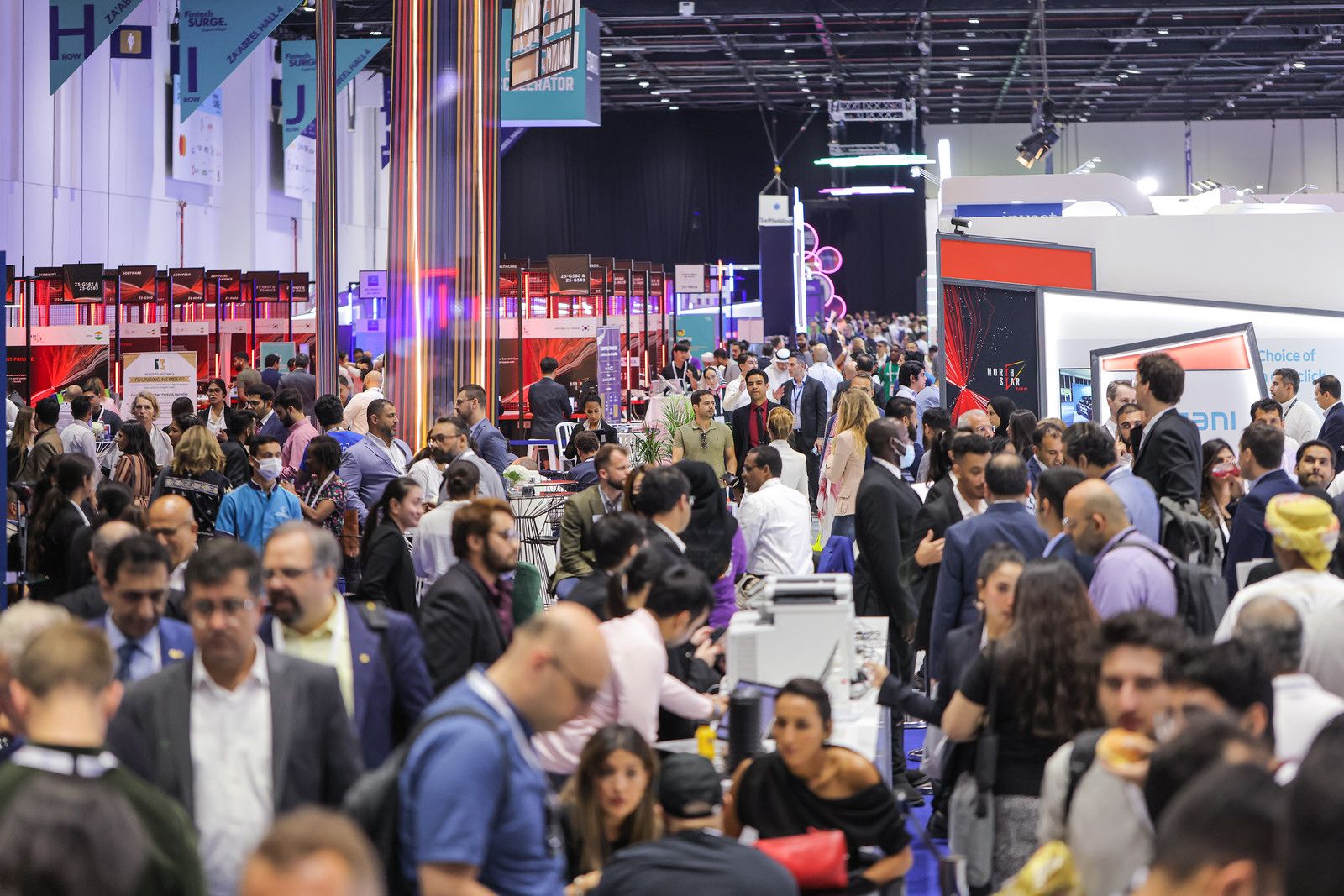
Whichever way we look at it, it is evident that the current economic reality is challenging with inflation soaring in emerging markets, especially Africa. In Nigeria, inflation is at 26.72%, and in Ghana, it’s at a whopping 40.1%, and even up to 63.30% in Sudan. The average annual inflation in Sub-Saharan Africa (SSA) in 2023 sits at 12.5%, making it the second highest in any other region of the world after the Middle East and North Africa region.
The escalating cost of living, caused by various factors, has left many grappling with eroded purchasing power. This has made saving for financial objectives more daunting than ever. The challenge has grown more pressing, necessitating innovative solutions to fortify the financial resilience of individuals and economies.
In recent years, innovators have leveraged financial technology with its innovative tools, to help individuals to budget, save, and invest wisely, thereby mitigating the impact of inflation on their livelihood.
The proliferation of DeFi powered by blockchain technology offers an array of solutions to reshape the economic future of Africans. Innovations like blockchain technology offer transparency and security in financial transactions, reducing corruption and fraudulent practices that can exacerbate inflation. This not only reduces corruption and fraud but also instills confidence in financial processes, which is essential in combating inflation.
Additionally, the importance of inflation-resistant investments cannot be overstated when dealing with inflation. DeFi solutions often feature stablecoins, which are digital currencies pegged to real-world assets or fiat currencies. These stablecoins can provide a reliable store of value through high fixed yields and are immune to inflation’s erosive effects.
According to Seçkin Çağlın, co-founder of Cenoa, at a recent edition of TechCabal Live on October 27, “To fight inflation, you need to make sure your money grows faster than inflation so you don’t lose money,”
The growth of peer-to-peer lending and transfer platforms enabled by DeFi also creates alternative sources of financing, and facilitates cross-border transactions with ease, reducing the risks associated with currency devaluation and fluctuations in exchange rates. This way, Africans can source for financing and also protect their wealth from the damaging effects of inflation by diversifying into other assets that can thrive even in inflationary environments.
On lending and credit solutions provided by fintechs, Yasmine Mohamed Henna, co-founder of Sympl said, “When it comes to inflation, it is important for fintech not to overburden the people with credit that they cannot pay. The solutions must align with the reality of the country that is adversely affected by inflation.”
DeFi platforms offer the opportunity to explore a wide array of investment options, from yield farming to liquidity provision. These investments can be chosen strategically to counteract inflation’s impact.
However, despite the various solutions offered by fintech including decentralised finance and blockchain technology, there is still a knowledge and trust gap which presents a problem, leading to mistrust and resistance to change among potential and existing DeFi users. This also includes the regulatory bottlenecks that already exist.
While there is still a lot of work to be done with regulation and education, the mistrust isn’t unfounded as the rise of cyberattacks on fintechs and the concerns about data protections are problems that need to be addressed to build reliability on fintechs.
On building trust, Emre Ertan, co-founder at Cenoa advised, “Fintechs need to be highly transparent to build trust among users. You need to give control back to the users so they are assured that they are using the right platform.”
Peter Onu, manager, remittance architecture and strategy at MTN Group Fintech, also mentioned that a good way to build trust is to provide people with what they need.
*******
This article is part of the TechCabal Live series brought to you by TechCabal in partnership with Cenoa. Cenoa is a borderless super wallet that improves access to dollar-based products



















